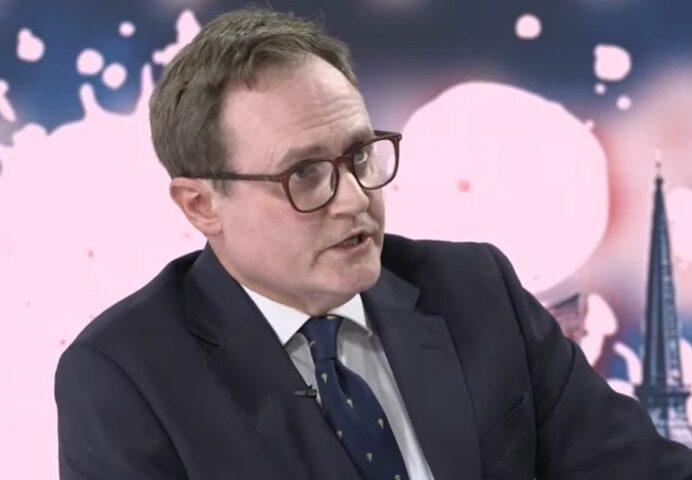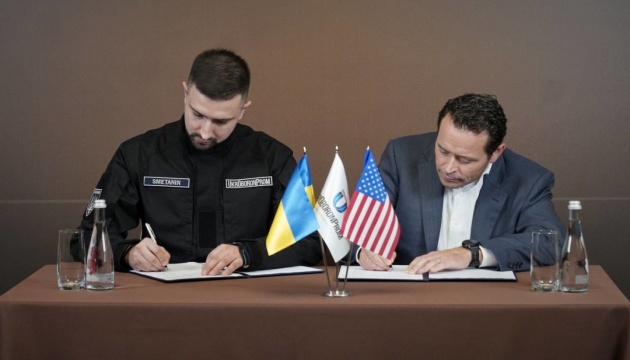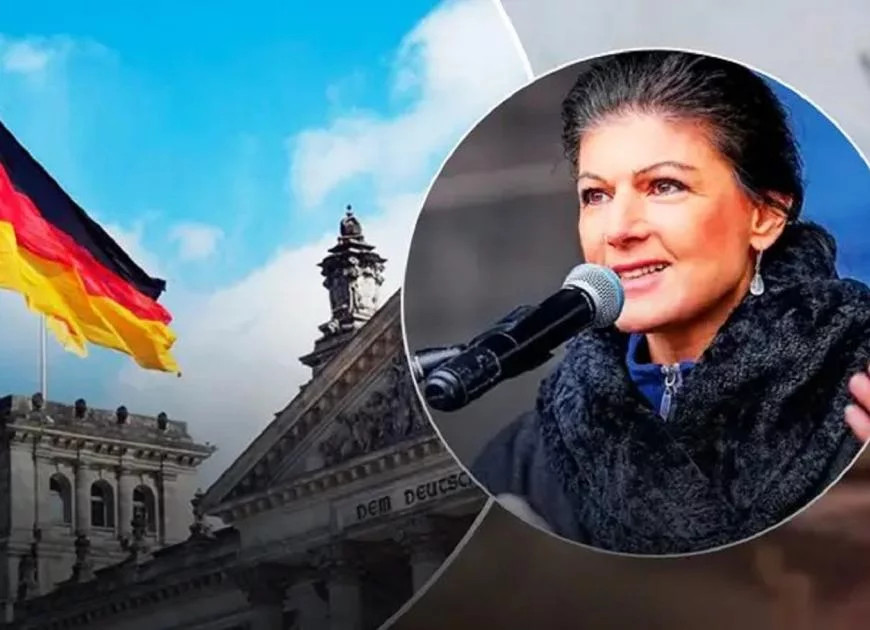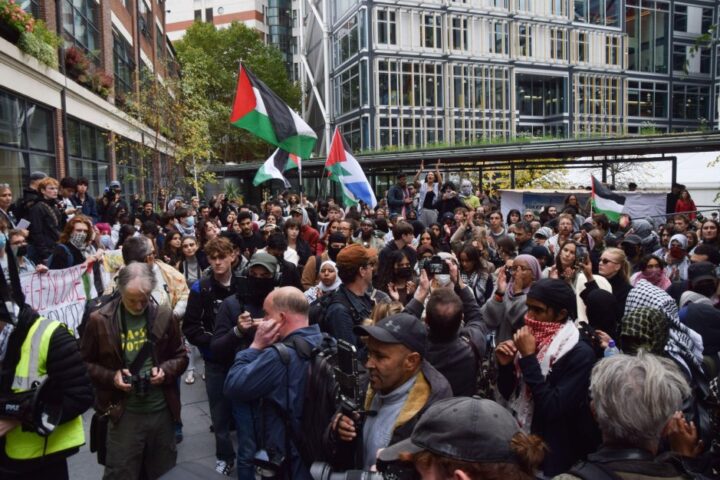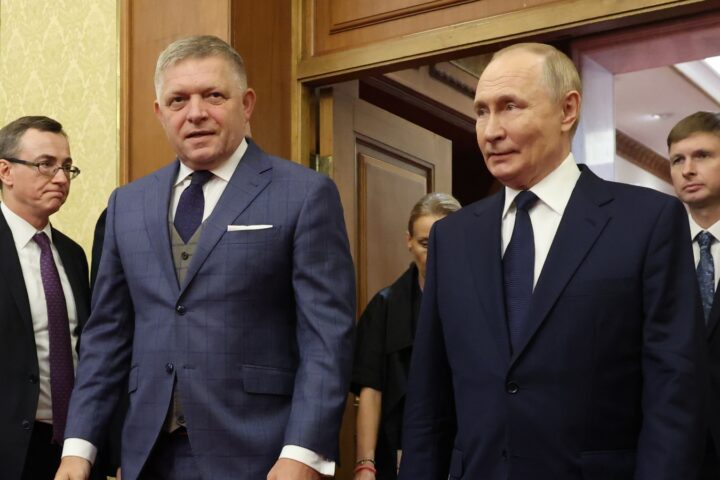Two newly appointed correspondents of the Russian state news agency TASS in Vienna are suspected of being undercover operatives of Russia’s Foreign Intelligence Service (SVR), according to an investigation by The Insider published on October 2. Olga Kukla and Maksim Cherevik, who arrived in Austria in August 2025, allegedly have close links to Russian intelligence structures. Their predecessors, Ivan Popov and Arina Davidyan, were stripped of accreditation by Austrian authorities in June 2024 over espionage suspicions.
Backgrounds pointing to intelligence ties
The profiles of Kukla and Cherevik raise questions about their journalistic credentials. Kukla graduated from the Moscow State Institute of International Relations (MGIMO) with a degree in energy economics and trained with Russian energy giants including Novatek, Gazprom Geologorazvedka and Transneft, before later working at Novatek. She had no prior journalistic experience before her Vienna posting.
Cherevik also studied at MGIMO, focusing on international economic relations, alongside training in German and public speaking. He interned at Rosneft and briefly worked as a TASS correspondent in Beijing, where he filed only four stories before being recalled to Moscow. Ahead of their transfer to Austria, both reportedly placed repeated food orders linked to apartment buildings tied to SVR officers and the covert unit “Zaslon.” Cherevik was also in contact with Svetlana Strelkova, believed to have spied under Aeroflot cover in Germany and later became a lecturer at the SVR academy.
Vienna as a hub for espionage
Austria — and Vienna in particular — has long been a focal point of Russian intelligence activity. As the seat of international organizations such as the IAEA and OSCE, the city offers fertile ground for intelligence gathering and influence operations. For operatives with backgrounds in energy and economics, such as Kukla and Cherevik, European energy security, sanctions regimes, and corporate dealings are likely areas of interest.
Russian intelligence activities in Vienna range from monitoring international institutions to attempts at penetrating Austria’s political and business sectors. The case also highlights how Russian state media, particularly TASS, plays a dual role — serving as a channel for Kremlin propaganda while providing cover for covert operations abroad.
Escalating Russian operations in Europe
The suspicions surrounding the TASS correspondents come amid broader concerns over intensified Russian hybrid operations in Europe. Since the launch of the full-scale invasion of Ukraine, Moscow has expanded espionage, sabotage, cyberattacks and disinformation campaigns designed to weaken European unity and undermine support for Kyiv.
Globsec and the International Centre for Counter-Terrorism documented at least 110 confirmed sabotage incidents or attempts in Europe since 2022 linked to Russia, ranging from arson attacks to physical disruptions. These figures do not include cyberattacks or information operations, suggesting the true scale of activity is even wider.
Austria under pressure to strengthen counterintelligence
The latest case adds to mounting pressure on Vienna to tighten its counterintelligence oversight. Analysts point to the need for closer monitoring of Russian diplomats and media representatives to prevent infiltration into Austrian institutions. The issue gained further urgency last month when Austria’s energy and chemicals group OMV dismissed a senior manager suspected of spying for Moscow after his contacts with a Russian embassy official drew the attention of security services.

